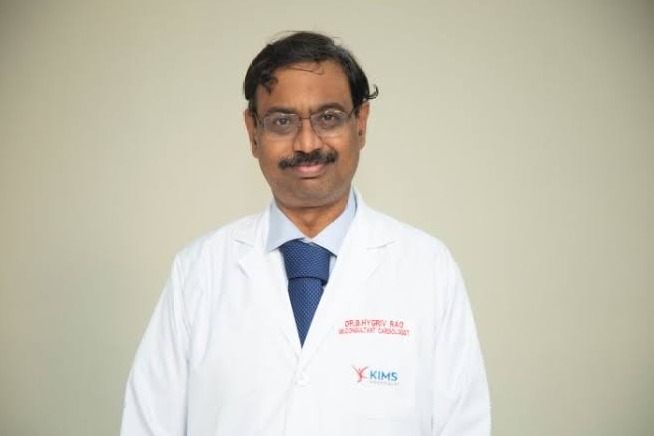Leading cardiologist laid emphasis on a possible link between cardiac arrest and COVID-19

04 March 2023, Hyderabad: Cardiac arrest cases have significantly increased in India, especially in younger age groups. People in their mid-30s to mid-40s are witnessing a 13% increase in sudden cardiac arrest, according to research from the American Heart Journal. We are receiving news of the occurrence of cardiac arrests among youngsters dancing in festivals, playing cricket, watching sports matches, and even collapsing midway while exercising. This is quite frightening and a hard-hitting reminder for all of us to take care for our heart health.